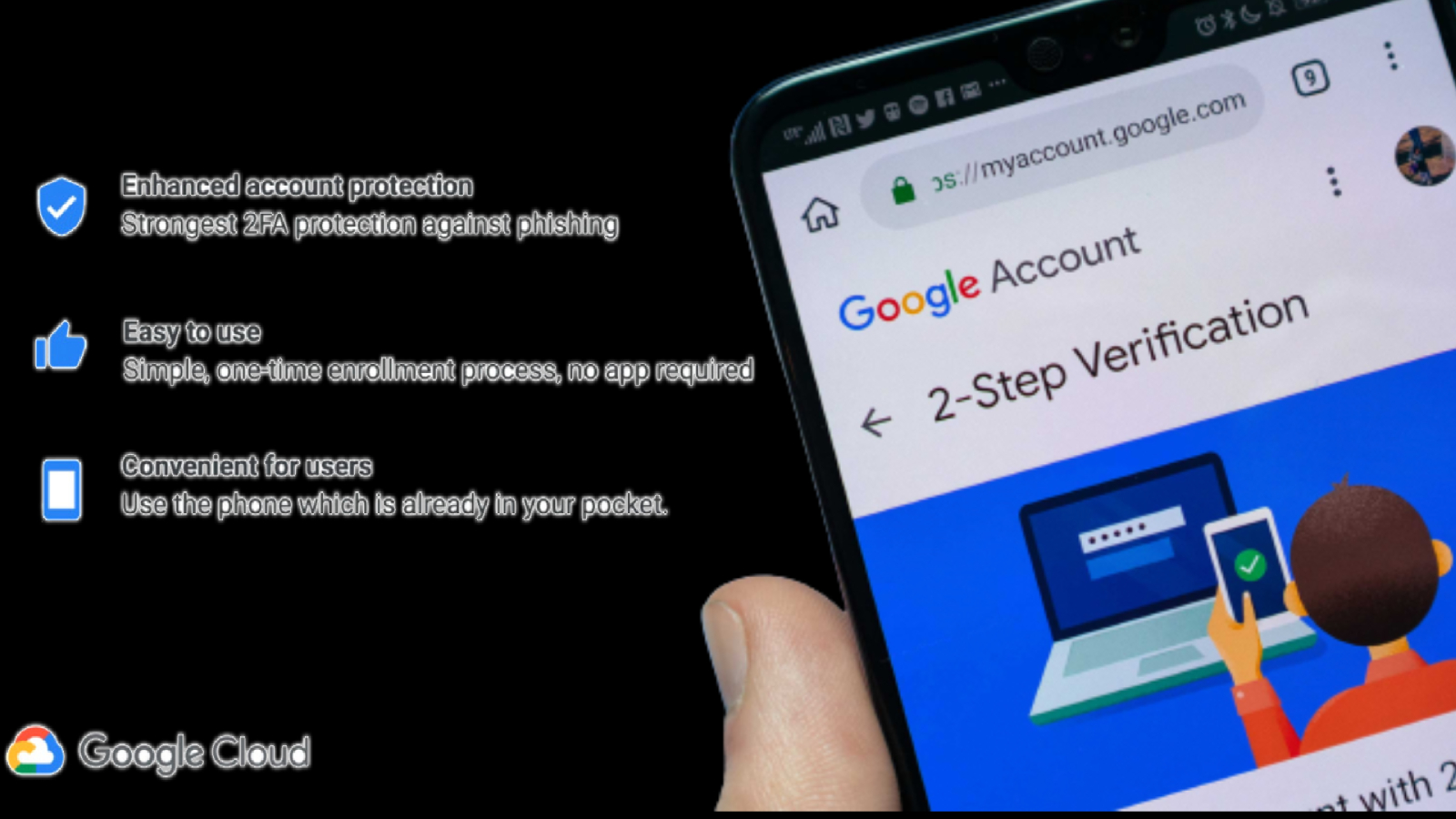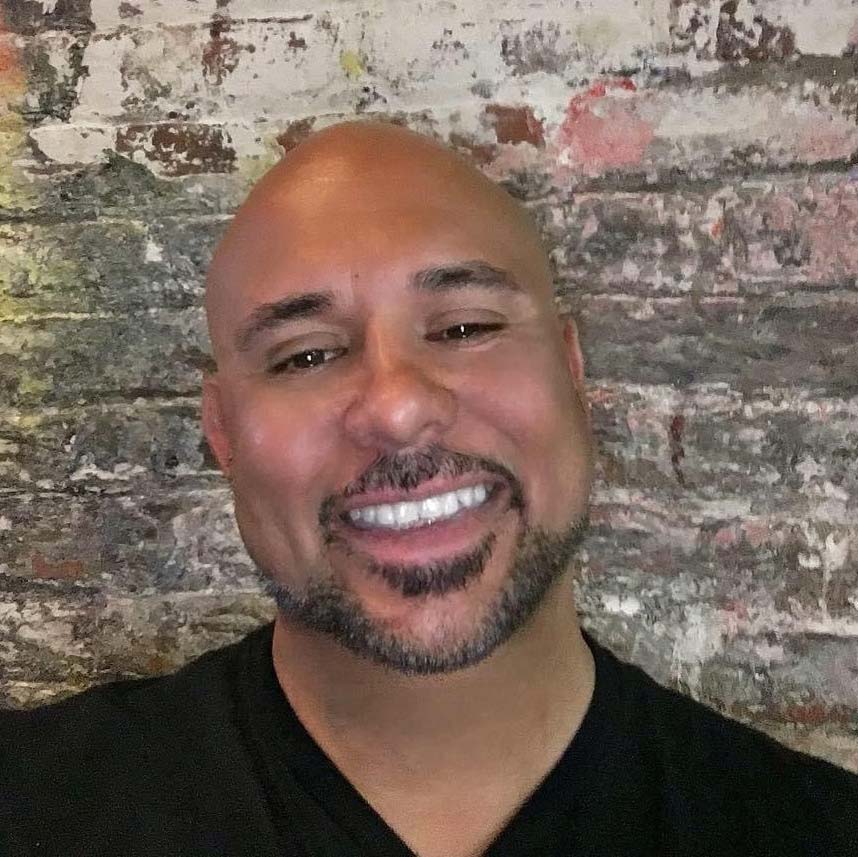Google will force you to use two-factor authentication to sign in: How it works
Two-factor authentication is coming to Google

Google is moving to two-factor authentication (2FA) across its ecosystem, a move security experts are praising. However, will the extra security measure be seen as a hindrance by users? Only time will tell.
Soon, Google will soon require two-factor authentication when signing into your Google accounts. Mark Risher, Google's director of product management for identity and security, sees two-factor authentication as the replacement for passwords which he called in a blog post, "The single biggest threat to your online security."
Google feels passwords are easily forgotten and easy to steal, and users tend to reuse passwords over time, weakening their strength.
- The best cheap Chromebook deals in May 2021
- The best cheap laptop deals for May 2021
- The best gaming laptop deals in May 2021
Google has been using 2FA to secure accounts, but now it will become mandatory instead of optional as it had been in the past. If you've enabled 2FA on your Google account then when you sign in, you will get a confirmation to confirm your identity on your phone, via email, or through the Google authentication app.
Soon, Google will automatically enroll users in its version of 2FA, which the company refers to as 2SV. I know many users will feel like, "we didn't ask for this," but here it is anyway; it's in your best interest to be more secure even if it seems pushy.
Jonathan Skelker, Google's product manager of account security, shared how the company's 2FA will roll out, stating "users that already have recovery information on their accounts, such as a phone number or secondary email. Google's security checkup page will alert you to let you know if you already have a two-factor authentication setup. If not, you will be prompted to do so.
"More factors means stronger protection, but we need to ensure users don’t get accidentally locked out of their accounts. That’s why we’re starting with the users for whom it’ll be the least disruptive change and plan to expand from there based on results," Google wrote in a statement.
Sign up to receive The Snapshot, a free special dispatch from Laptop Mag, in your inbox.
Google appears to have a desire to eliminate passwords altogether. As Risher stated, "One day, we hope stolen passwords will be a thing of the past because passwords will be a thing of the past."
I, for one, can't wait to start forgetting passwords; with all the passwords and pins we have to remember to transverse the internet, I've started to forget more important things like my kid's birthdays and relationship anniversaries.

Mark has spent 20 years headlining comedy shows around the country and made appearances on ABC, MTV, Comedy Central, Howard Stern, Food Network, and Sirius XM Radio. He has written about every topic imaginable, from dating, family, politics, social issues, and tech. He wrote his first tech articles for the now-defunct Dads On Tech 10 years ago, and his passion for combining humor and tech has grown under the tutelage of the Laptop Mag team. His penchant for tearing things down and rebuilding them did not make Mark popular at home, however, when he got his hands on the legendary Commodore 64, his passion for all things tech deepened. These days, when he is not filming, editing footage, tinkering with cameras and laptops, or on stage, he can be found at his desk snacking, writing about everything tech, new jokes, or scripts he dreams of filming.
